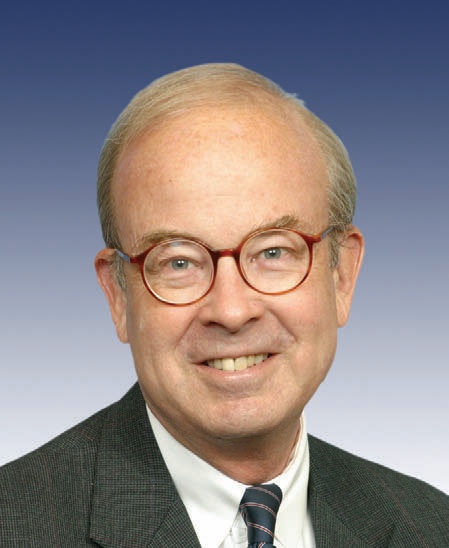We saw how years of accumulated habit, chummy political relationships, and a regulatory model that all-but mandates big central power plants have left coal utilities betting their futures almost entirely on “clean coal.” They’ve told their legislators that it’s the only way to go low-carbon in the South and Midwest. Their legislators, who have long seen themselves as defenders of coal, aren’t hard to convince.
Take “moderate” Democrat Rick Boucher of Virginia. He knows “clean coal” is at least a decade away from serious deployment, but he also knows (or thinks he does) that coal-dependent regions can lower their carbon emissions only insofar as “clean coal” happens. So from his point of view, serious mandatory emission reductions need to be put at least ten years out in the future. In the meantime, he wants money shoveled at utilities to pay for “clean coal” R&D.
It isn’t a conspiracy. Boucher is quite open about the fact that his goal is to allow coal utilities to do what they’re doing for at least another ten years, allowing the companies to buy carbon offsets to meet short-term targets. He says so (watch about 1:25):
That’s what Boucher’s been pushing for during negotiations over Waxman-Markey: softer short-term targets, free pollution permits, and more offsets. All that — along with the goodies secured in the first round and the supplementary goodies proposed in other legislation — is in service of the same goal: give coal utilities at least 10 years of cheap compliance so they have time to develop “clean coal.” (Most of what Boucher wanted, he got.)
This perspective also explains Boucher’s resistance to the original bill’s tough Renewable Electricity Standard. He’s convinced that any option but “clean coal” will be wildly expensive and drive up rates, so he wants a softer RES target too, and more room for efficiency under the RES. He got that too.
Boucher thinks coal protects his constituents by keeping their rates down, so he’s there to defend coal. Anything that penalizes emissions hits coal the worst, so he’s trying to minimize emission penalties and maximize R&D subsidies. That’s what “moderate” means in energy politics.
(Of course now that Boucher has secured goodies for his favorite lobby, other legislators and committees will demand their spoils. Floor debate is going to be a feeding frenzy.)
But … what if Boucher is wrong? What if he and his friends in the utilities are mistaken about their short-term prospects? More on that in part four of … [fade in catchy theme song] … Southern Utility Blues [sound of audience applause]!



